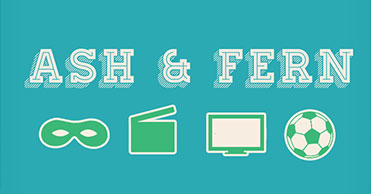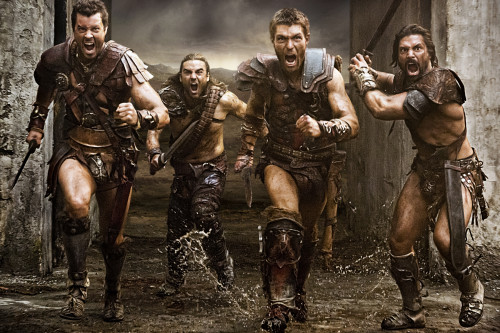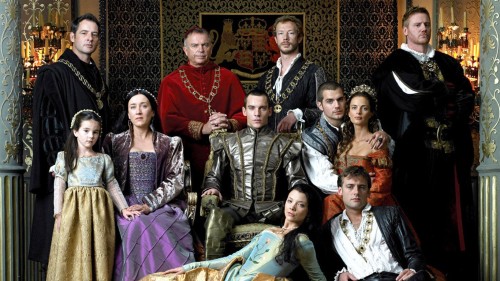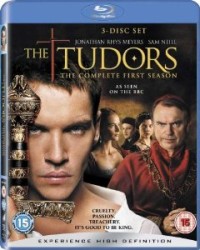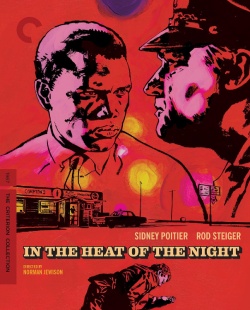You may have caught on to this little tidbit from my incessant mentions of Spartacus (seriously, you should watch it), but I love historical fiction. I love books, movies, games, and of course especially TV. At this point I know if I see a preview for a new show and the characters are wearing armor or speaking with an unidentifiable mishmash of Australian/British/non-specific European accents (the go-to accents of anything taking place anywhere other than modern day USA, naturally) I’m going to have to go ahead and pencil that show in.
I always assumed I liked these shows because of the history itself. That’s logical right? I love TV and I love history (enough to acquire a useless college degree in fact) so it’s only natural that I’d love historical fiction. And that’s certainly true to a point. There are only so many stories to tell on screen. Setting a familiar story of adventure or a quest for power or even love (blech!) against the unique backdrop of say, the Renaissance, can certainly help keep things interesting.
But after a recent and somewhat buzzed conversation with some friends at a local watering hole, I gave this some serious thought, and it turns out there might be a bit more to it. We are living in a time when we are once again being faced with painful social changes. Where I live we are confronted on an almost daily basis with open anger and violence, with hatred and discrimination. In fact, unless you’ve been living under a rock the last couple of weeks, my home state has probably featured prominently on whatever medium you use to get your news. I think historical fiction gives me an outlet to think about our society’s current problems in a broader context. In some cases it helps me see how far we’ve come, but in others how far we still have to go.
There are examples of issues that we face today, like the religious battles in a show like Reign. Yes in that particular show it’s Catholic vs. Protestant, but really how different is that than the hatred between faiths today? And in other cases it’s the conspicuous absence of modern issues, like the matter-of-fact treatment of LGBT characters in shows set in the ancient world.
These are all important, and all very real, but there’s another one that is close to my heart and that caused some heated discussion over those beers a few weeks back. The way female characters are portrayed in historical fiction on TV offers an interesting insight into women’s role in society. Or at the very least, and perhaps more accurately since we lack the benefit of a time machine to confirm our suspicions, the way we imagine and interpret their role at a given time.
One especially interesting current example of this is Mad Men. I love Mad Men. A world where drinking in the middle of the day was the height of sophistication? Sign me up. Everyone knows I love a good day-drinking session.
But beyond the afternoon booze, Mad Men depicts a time that was a crossroads for women. Betty, at least in the early seasons, is the stereotypical stay-at-home mother, keeping dinner warm for her bread-winning and philandering husband. Joan, undoubtedly strong and smart enough to achieve whatever she wants, is a product of a time when a woman’s power came from her body, her sexuality. She uses it, and she’s good at it. And there’s Peggy. Peggy says “No way!” to Betty and Joan’s roles and swims against the tide to take what she knows she deserves. It’s not easy for her, it never is for trailblazers, but that’s ok. There’s nothing wrong with the way any of these fictional women live their lives, and the feminist in me defends the right of all three to choose which path they want to take. But Mad Men captures a moment in history when the world was finally ready for a Peggy or two. I get to be who I am because of women that came before me, and while Peggy may not be real, she’s a good reminder of that.
Aiming a little further back in history, The Tudors offers decidedly less opportunity for female characters. Essentially these women can (1) marry a noble or a king, (2) die young in a painful and miserable death, or (3) become a nun (And since marrying King Henry VIII usually resulted in option 2 anyway, good luck).
If you haven’t seen it, The Tudors is about Henry VIII breaking with the Catholic Church and creating the Church of England so he could divorce his first wife and marry Anne Boleyn. But it goes deeper. It’s a society where women are property of their fathers and eventually their husbands. They are traded for land and wealth, and expected to do nothing more than produce heirs and stay out of the way. And after Henry’s meddling with church divorce laws, what little protection a woman has after marrying can be taken away when her husband gets bored. The Anne Boleyn of The Tudors is sneaky and conniving and gets exactly what she wants (and is easily the most fascinating character on the show), but even in this fictional world the amount of power she wields is an anomaly. And obviously fleeting.
Of course life isn’t like TV, no matter how much I wish it were. But TV is a product of our reality, an expression of the world the way we see it (or the way we’d like it to be). And just like in real life, sometimes looking back is the best way to reflect on the present and the future. I can’t help but wonder how a show in 20 years will treat what is happening in Indiana right now. And let’s be honest, I’ll probably watch that show too.
Interested in picking up some of the titles mentioned in the article? Please use our Amazon links to do so!


